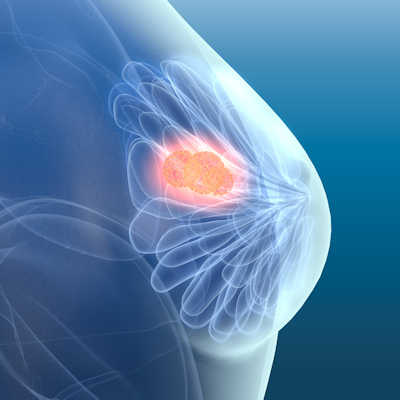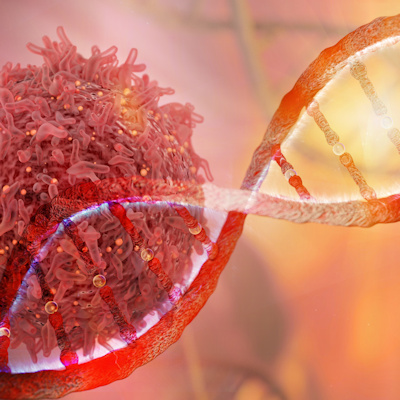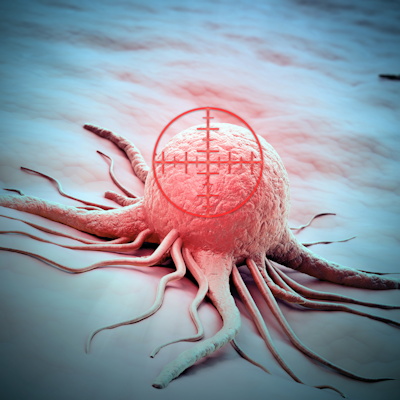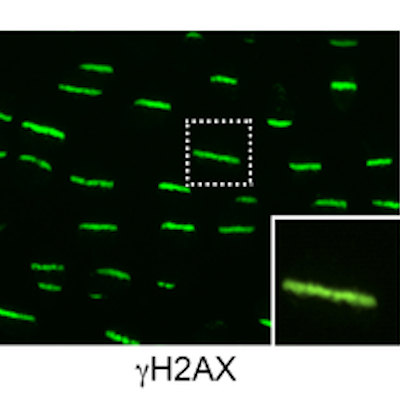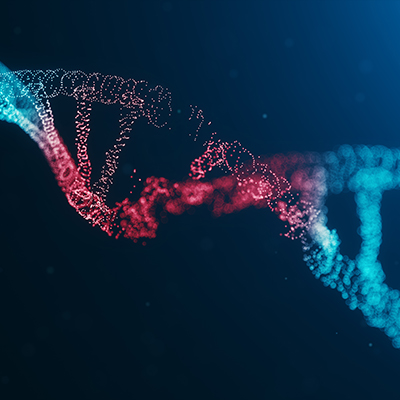December 1, 2022 -- Scientists from the Francis Crick Institute and biotech company Artios have revealed how polymerase theta (POLQ), a DNA repair enzyme, becomes vital to the survival of certain cancers. The research, published November 30 in the journal Molecular Cell, used advanced imaging tools that monitor DNA replication in real-time to discover how DNA gaps are repaired in human cancer cells.
The DNA replication process sometimes leads to errors, including the formation of DNA gaps. Various DNA repair mechanisms help fix these errors. The enzyme POLQ, absent in healthy cells, provides a vital repair mechanism in cancer cells unable to otherwise repair DNA gaps using the more common homologous recombination method. Responding to DNA replication stress, POLQ fills in DNA gaps, allowing continued cancer cell survival and replication. Many cancers rely on POLQ to repair DNA damage.
When researchers inhibited POLQ in cells deficient for homologous recombination -- including cells with BRCA gene mutations -- or in combination with inhibitors of the DNA repair enzyme PARP, DNA gaps accumulated. Cancer cells unable to repair their DNA ultimately perished.
However, researchers found POLQ's DNA repair process was also error prone, introducing DNA variations in cancer cells which lead to increased cancer mutation rates. POLQ blocking drugs may limit such mutations, which may facilitate the development of cancer treatment resistance. Artios is running phase I clinical trials to evaluate a POLQ inhibitor.
POLQ is "an exciting target to explore as a potential Achilles Heel for treating different cancers," senior author Simon Boulton, PhD, principal group leader at Crick and scientific co-founder and vice president of scientific strategy at Artios, said in a statement. "Being able to slow cancer mutation rates and cancer evolution, a process whereby tumors become more advanced and often harder to treat, can be a highly valuable tool for doctors treating patients with cancers."
Copyright © 2022 scienceboard.net




